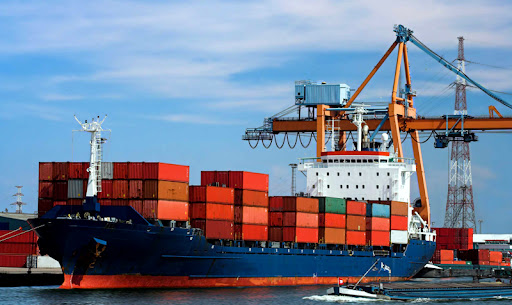
Shipping industry likely to get ₹25,000-crore boost
NEW DELHI : The domestic shipbuilding industry may receive a boost in the forthcoming Union budget, with the central government chalking out a plan for financial support.
According to two persons aware of the development, the Centre is finalizing the contours of a ₹25,000-crore maritime development fund (MDF) that would provide long-term and low-cost financial support for shipbuilding in India, and other blue-water infrastructure projects. They added that the new scheme is expected to be announced and operationalized as part of the Union budget for 2025-26.
The shipping industry is expected to witness a significant boost of ₹25,000 crore due to a combination of favorable policies, increased global trade, and strategic infrastructure investments. Here’s a detailed overview of the factors contributing to this growth:
Key Drivers of the ₹25,000-Crore Boost
1. Government Initiatives and Policies
- Sagarmala Project: The Indian government’s flagship initiative aims to modernize ports and develop seamless coastal connectivity. This has led to enhanced efficiency and reduced logistics costs, making Indian ports more competitive globally.
- PLI Schemes: Production-linked incentives for shipbuilding and allied sectors have encouraged domestic production and innovation, contributing to growth in the industry.
- Maritime Vision 2030: This blueprint focuses on increasing India’s share in global shipping and reducing dependence on foreign shipping services.
2. Rise in Global Trade
- Post-pandemic recovery has spurred demand for commodities, and India’s strategic location serves as a key transit point in global trade routes.
- Export-oriented sectors like agriculture, textiles, and pharmaceuticals are leveraging shipping services for global reach, driving higher cargo volumes.
3. Private Sector Investments
- Major private players are investing in port infrastructure, container terminals, and green shipping technologies to tap into the growing demand.
- Collaboration with international firms has brought advanced shipping technologies and operational expertise.
4. Technological Advancements
- Digitization and automation in port operations have streamlined processes, reduced turnaround times, and increased throughput capacity.
- Development of smart ports and real-time cargo tracking has improved overall efficiency.
5. Focus on Sustainability
- Increased investments in eco-friendly vessels and adoption of alternative fuels like LNG (Liquefied Natural Gas) are in line with global decarbonization goals.
- Support for renewable energy projects at ports adds to the long-term sustainability of the industry.
Expected Impacts
- Job Creation: The boost is likely to generate thousands of direct and indirect jobs in the maritime and ancillary sectors.
- Economic Growth: Enhanced shipping capacity will reduce logistics costs for businesses, increasing India’s competitiveness in exports.
- Global Competitiveness: With improved infrastructure and policies, India is set to emerge as a preferred maritime hub in the Indian Ocean region.
The ₹25,000-crore boost not only underscores the resilience of India’s shipping industry but also positions it as a critical driver of the nation’s economic progress in the coming years.

